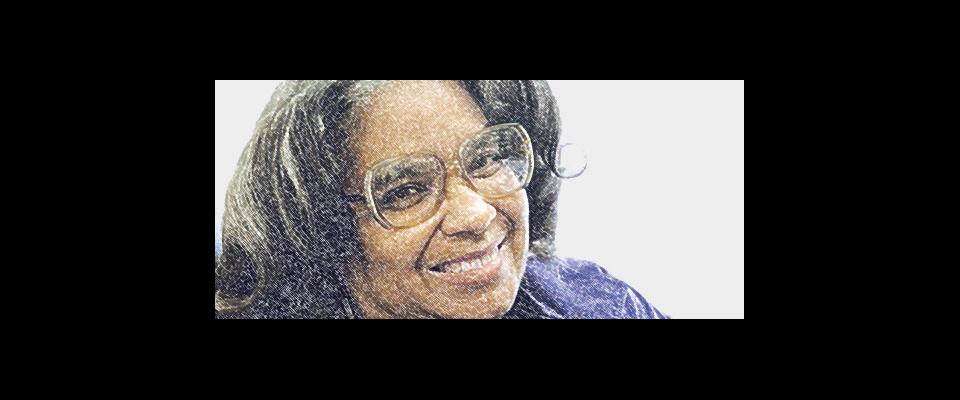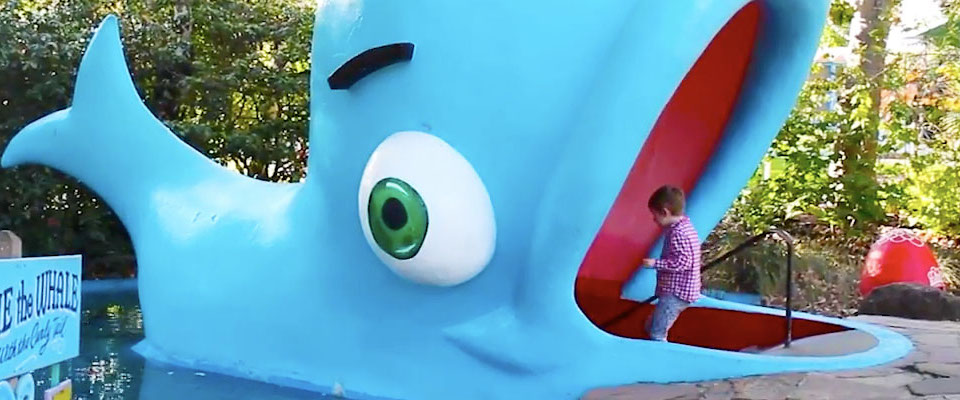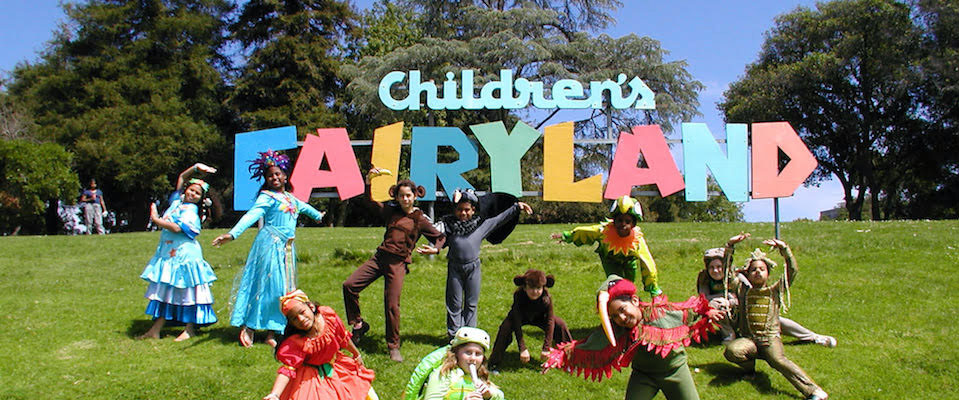Dr. Barbara Staggers offers a different kind of medicine to inner-city kids: love.
Dr. Barbara Staggers ’76, MPH ’80, will never forget the day a teenage boy came to see her at the Oakland Children’s Hospital Teen Clinic and said, “Can you hold me? I’m going to be dead tomorrow.” He was gunned down the next day. He knew that people were after him, says Staggers, “We tried to get him to leave the state, but he refused to go. And the next day he was dead.”
Staggers, who heads the adolescent medicine division at Children’s Hospital and Research Center in Oakland, has thought a lot about that boy. “And I ask myself, why did he have to come to the doctor for comfort? What is going on in this society that so many kids do not feel loved?”
It’s a question Staggers has been asking since she was 18 years old, after an encounter with another lost teen. At the time, she was working in a summer sports program for inner-city youth. One day a pimp came to pick up one of her students, a 14-year-old girl. The program director tried to stop him, but when the girl’s mother was contacted she said, “Let her go. We need the money.” Staggers never saw the girl again, but the incident determined her choice of adolescent medicine—and her path in life.
Today, Staggers still sees kids forced into prostitution, and others who have lost their parents to random gunfire. But under her direction, the Oakland Children’s Hospital Teen Clinic—a square, nondescript building in a rundown corner of the city—has become a refuge for teens, a place where they can come to get confidential medical care in a warm, supportive environment.
For Staggers, successfully addressing these teens’ problems requires a public health perspective.
“The three leading causes of death for teenagers in this country are traffic accidents, homicide, and suicide,” she points out. “So my work isn’t about giving a kid a pill. To do my job, I need to understand what’s going on at home, whether or not a kid has any support in his life, what kind of people he’s hanging out with. You need to think that way if you’re going to do adolescent medicine.”
This approach comes naturally. Staggers’s father, the son of South Carolina sharecroppers, was the first African-American surgical subspecialist ever trained by the U.S. Navy. “My father was a medical advocate as well as a physician,” she says. “I learned that a physician is a social worker, a political advocate, and an educator, as well as a medical doctor.”
As a result, her work doesn’t end at the clinic door. She lectures frequently on adolescent issues to community groups and has served on the American Academy of Pediatrics, as well as advising the California Assembly and Senate, and the National Congressional Black Caucus. And when she examines patients, she checks more than just their height, weight, and blood pressure.
Staggers’s daily immersion in the volatile world of adolescence has sharpened her perspective on the many ways American society is letting its teenagers down. “Teens need to take risks, they need to experiment, or they will never grow,” she points out. “But in our society in 2008, it’s dangerous to experiment, you could lose your life, or you could ruin your life. There are no safe places for kids to go and be safe with their friends. We have playgrounds for little kids, but we don’t have any place for teens.”
Modern society also fails to provide important rites of passage for its young people, according to Staggers. “I’m not ashamed to admit that I was a cotillion debutante. My mother wanted me to do it and I resisted, but now I’m glad I did because it was an important rite of passage for me…. These kinds of events are a really valuable way of telling our teens, ‘You’ve achieved this, and I’m proud of you.'”





















